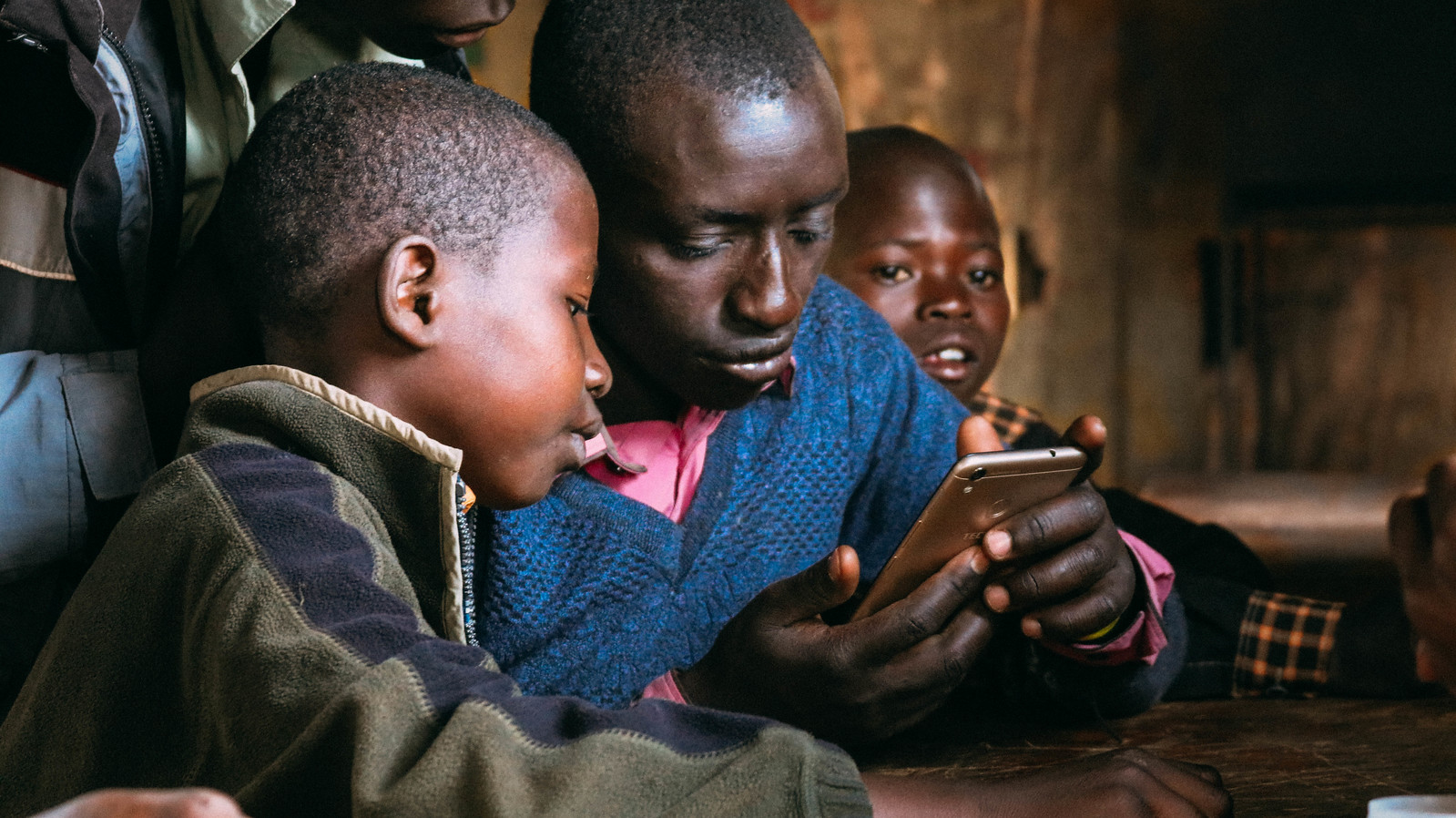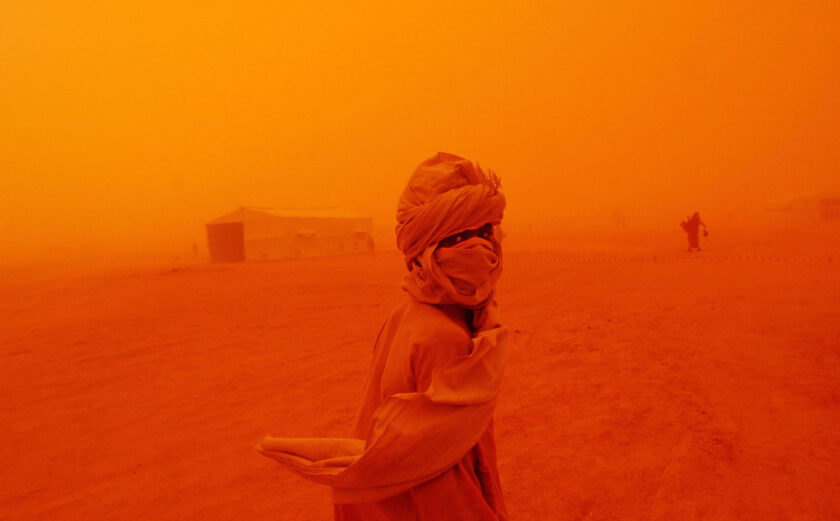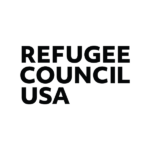
Letter on Appointing the Next Under-Secretary General for Humanitarian Affairs
From a Consortia of NGOs Responding to Crises Around the World
Dear Mr. Secretary-General,
We write to you as major consortia of non-governmental organizations responding to crises around the world to respectfully urge you to appoint an Under-Secretary General (USG) for Humanitarian Affairs with the profile, experience, and skills to best execute the most critical leadership role in the international humanitarian system.
As you noted at the launch of the 2021 Global Humanitarian Overview, “2020 has been a year like no other. Conflict, climate change, and COVID-19 have created the greatest humanitarian challenge since the Second World War.” These pressures will evolve and deepen in coming years whereby effective efforts to prevent and alleviate human suffering depend on marshaling the efforts of all humanitarian actors—and Member States—to ensure the sum total of international humanitarian efforts is greater than its individual parts.
As the most senior humanitarian official in the United Nations, the importance of the USG’s leadership capabilities cannot be overstated. At the helm of the Office for the Coordination of Humanitarian Affairs (OCHA), this entails not only ensuring a coordinated response across a multitude of crises but mobilizing resources that are the lifeblood of humanitarian action and ensuring the integrity and coherence of humanitarian policy addressing the most critical threats vulnerable people face around the world. The USG is the chief advocate for principled humanitarian action, briefing the UN Security Council on crises and engaging in dialogue with Member States and key institutions on the bold actions needed to overcome urgent challenges. Finally, the USG is dual-hatted as the Emergency Relief Coordinator (ERC) and Chair of the Inter-Agency Standing Committee (IASC), a position critical to ensuring unified humanitarian leadership among UN agencies and standing invitees.
The scale and urgency of the USG/ERC’s responsibilities mean that the credibility of her leadership is indispensable. We request you to appoint an influential leader who will assert norms and values which safeguard and respect human life and ensure practical action to this end. The selected individual should have the following profile and competencies:
- Commitment to humanitarianism: Conviction to serve as chief guardian of principled humanitarian action, defending against efforts to politicize or manipulate action taken to aid those in need.
- Political and diplomatic acumen: Ability to navigate political complexities that fuel crises and confound responses to them, possessing humanitarian diplomacy and crisis negotiation experience and skills.
- Leadership and convening power: Gravitas and ability to build consensus among a diverse range of actors, including IASC Principals and Member States; foster contributions of the G77 to the humanitarian endeavor; and galvanizing unified action toward common goals.
- Deep knowledge and comprehension of humanitarian issues: Understanding of the complex dynamics driving humanitarian crises and current challenges facing frontline humanitarian actors.
- Strong appreciation of civil society: Understanding of the critical role civil society organizations, frontline actors, and NGO thought leaders play in preparing for, responding to, and recovering from crises and the need to engage them in shaping humanitarian policy and operations through meaningful partnerships.
- Independent and innovative thinking: Ability to take a critical view of the humanitarian system, identifying forward-looking solutions and leading bold strategies to fundamentally improve the coordination and financing of humanitarian action.
- Courage and conviction: Drive to address complex challenges facing people in crisis, clearly identifying and articulating them to Member States and other actors, despite pressures and tensions that often make it difficult or uncomfortable to do so.
To best identify a candidate that fits this profile and unique competencies, we urge you to undertake an international search for qualified candidates and suspend the custom of allowing an individual Member State to maintain a hold on this position. This custom is not required as a matter of the UN Charter and associated regulations—indeed it goes against the spirit of the Charter. Your search should fulfill United Nations’ commitments to diversity.
We realize the complexity of this role makes the selection process a challenging undertaking. However, given the urgency and scale of human suffering in the face of myriad crises, and the challenges facing humanitarian actors responding to them, selecting the most qualified individual to serve as the USG/ERC is of paramount importance. The quality and effectiveness of humanitarian action hinge significantly on the leadership of this individual and, as a result, so do the lives of millions of conflict- and disaster-affected people around the world.
Thank you for your consideration. We stand ready to collaborate with and support the new USG/ERC in ensuring principled humanitarian action.
Sincerely,
Samuel A. Worthington
CEO and President, InterAction
Abby Maxman
Chair, Steering Committee for Humanitarian Response (SHCR)
Ignacio Packer
Executive Director, International Council of Voluntary Agencies (ICVA)





